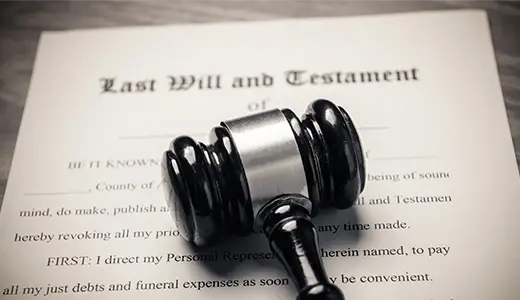Life is uncertain. They say, expect the best, prepare for the worst. While you should keep a positive attitude, you should also be prepared for the worst.
To protect your loved ones, and ensure seamless transfer of assets to the rightful heirs if you become physically or mentally incapacitated, and are no longer able to make important decisions, create an estate plan. Remember to include instructions about the type of medical care you want.
Estate planning can be done by writing a will or setting up a trust. While a will is a document that expresses the creator’s wishes regarding the distribution of their property, a trust is an arrangement that allows a third party to hold and direct the creator’s assets in the trust fund.

The main difference between a will and a trust is when they come into effect.
A will comes into effect after the creator’s death, whereas a living trust comes immediately into effect after it is created. When the creator is alive, they can control their trust. If the person becomes incapacitated and can no longer make their financial/healthcare decisions or dies, the person nominated by them steps in to handle their affairs.

If a property is governed by a will, the Probate court will oversee the distribution of assets to ensure the creator’s wishes are carried out. Contents of probated will become public. A probate court may take 12-16 months to chart out a distribution plan. A typical probate process can cost up to 10 percent of an estate’s value.
Properties passing under trusts, on the other hand, avoid probate. If a minor child is a beneficiary, the trust administration will continue to hold the property until they reach the age of majority.
